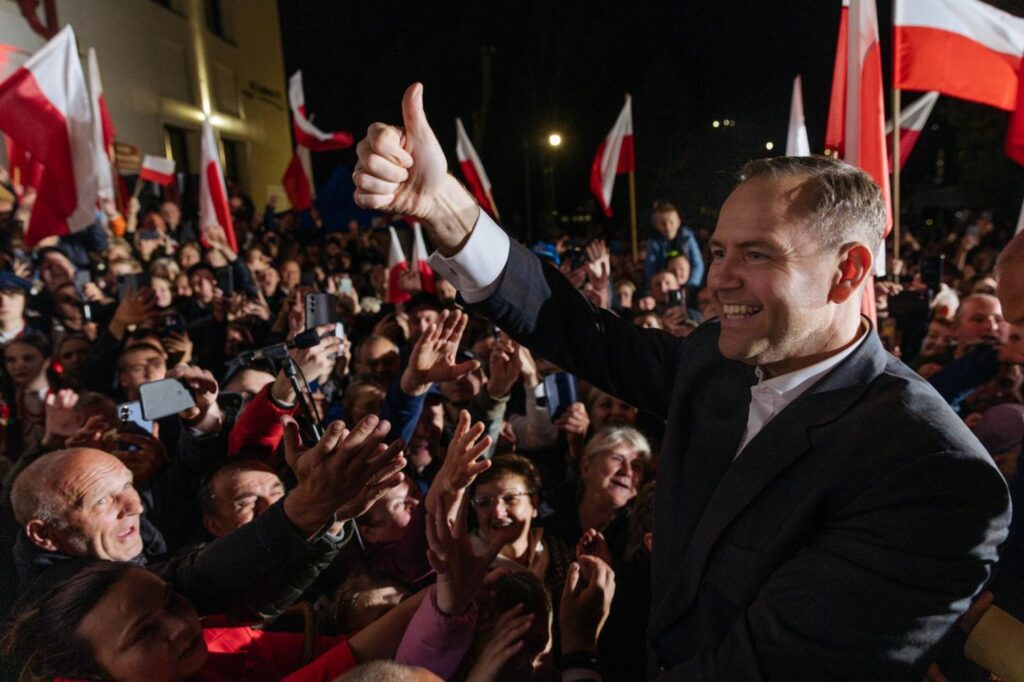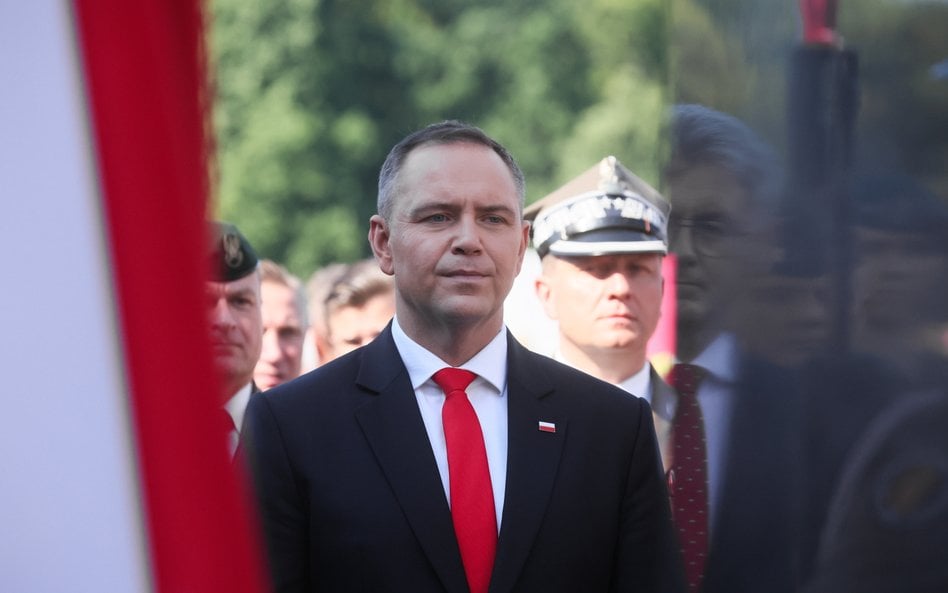60% of Poles support presidential veto on Ukrainian assistance – poll

President Karol Nawrocki’s veto of legislation on aid to Ukrainian citizens has received backing from 59.8% of Polish respondents, according to a SW Research survey conducted for Onet on 26-27 August 2025.
The poll of 814 adults nationwide found that 25.4% opposed the presidential decision, while 14.7% answered “don’t know/hard to say” when asked whether they supported Nawrocki’s veto of the Ukraine assistance law.
Nawrocki announced his veto citing a key concern about the 800+ benefit program. “The 800+ benefit should be granted exclusively to Ukrainians who take up work in Poland,” the president said. He argued that current provisions do not ensure social justice.
The veto affects legislation that would have extended temporary residence rights for up to one million Ukrainian refugees beyond the September 2025 deadline, potentially leaving them without legal employment options.
The veto triggered strong political reactions across party lines. Politicians from Law and Justice and Confederation supported the presidential decision, while representatives from the Left and Civic Coalition sharply criticized it.
Men showed slightly higher support for the veto at 63.4% compared to 56.5% among women, the SW Research data reveals. The strongest backing came from the 25-34 age group, where 73.5% endorsed the decision. Support was lowest among respondents over 50, at 50.1%.
Geographic patterns also emerged in the polling data. Residents of towns with up to 20,000 inhabitants supported the veto most frequently at 67.8%, while those in cities exceeding 500,000 residents showed the lowest support at 55.5%.
Legal status of Ukrainian refugees at stake
The vetoed legislation addressed temporary residence rights for up to one million Ukrainians who arrived after Russia’s full-scale invasion began on 24 February 2022. Current regulations permit their stay until the end of September 2025. After this deadline, they will face difficulties with legal employment, among other issues.
Alongside his veto, Nawrocki submitted his own version of Ukraine assistance legislation to the Sejm, which has been sent for public consultations. The government announced it will present its own version of these provisions.
The Ministry of Internal Affairs and Administration estimates that the presidential veto could cost up to 8 billion zloty. These expenses would result primarily from administrative processing of thousands of residence legalization applications.
The Sejm retains the authority to reject the presidential proposal and pursue alternative legislative approaches to address Ukrainian refugee status and assistance programs.
